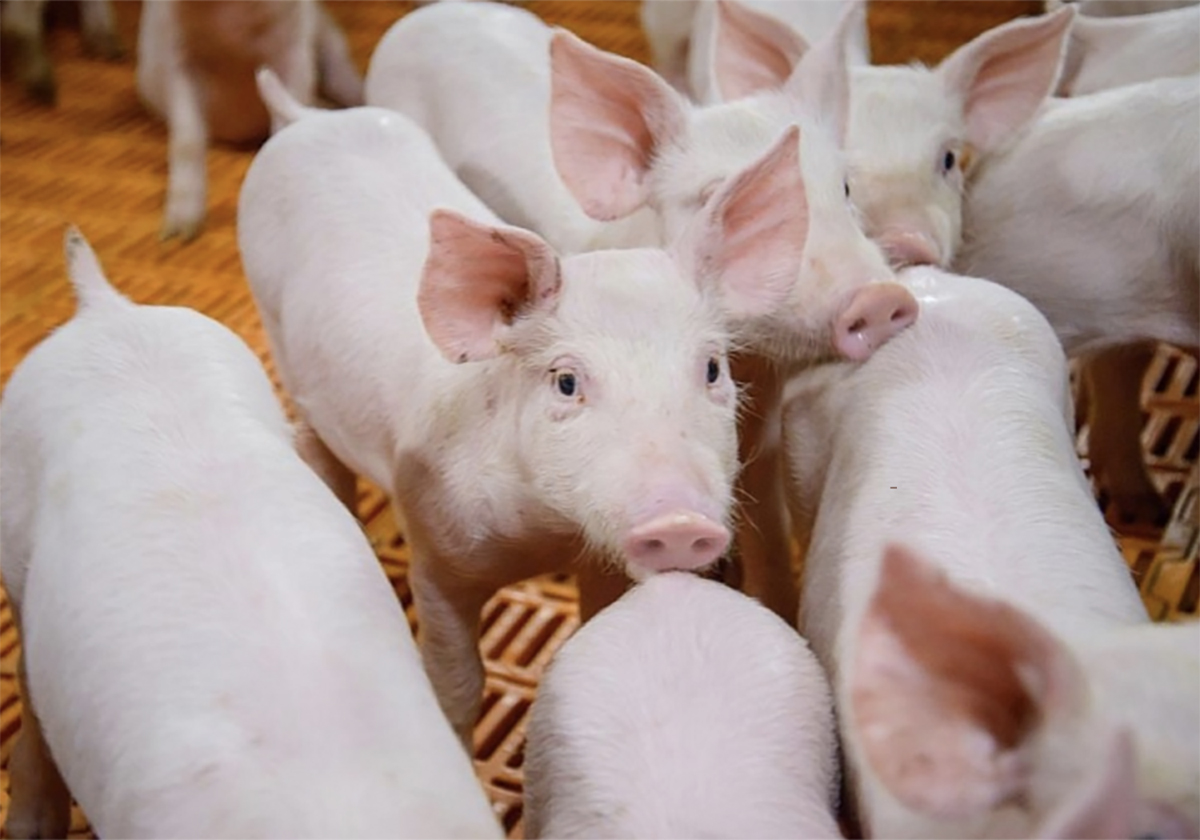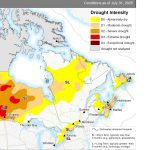BANFF, Alta. – The United States Congress has delayed country-of-origin labelling until 2006, giving Canada time to encourage greater value-adding to homegrown pork and beef.
The labelling law could also promote a national identification system for the Americans, said Richard Andersen of the Sparks Company based in Memphis, Tennessee.
The Sparks group and the George Morris Centre at Guelph estimate the country-of-origin record keeping and implementation could cost the American red meat, fruit and vegetable industries between $3 and $5 billion.
“I don’t think there is enough money in the system to absorb those costs,” said Andersen at the Banff pork seminar attended by more than 750 people last week.
Read Also

The Western Producer Livestock Report – August 28, 2025
Western Producer Livestock Report for August 28, 2025. See U.S. & Canadian hog prices, Canadian bison & lamb market data and sales insights.
A number of U.S. producer groups opposed the labelling legislation because of the high costs. Most recently, beef, pork and seafood producers, along with food retailers and wholesalers, agreed to develop a voluntary program to provide consumers with country-of-origin information and replace the legislation embedded in the 2002 farm bill.
Originally created to strengthen the domestic market for beef, the legislation was written in such a way that it actually adds costs to American producers, said Andersen.
“Cost impacts will get reflected at the producer level. The people they are trying to help will end up losing,” he said.
Groups like R-Calf and the U.S. National Farmers Union continue to support mandatory labelling, arguing consumers have the right to know where their food comes from.
They also said the law supports enhanced food safety, especially since a case of BSE in the U.S. was traced back to Canada.
However, a genuine food safety bill would cover all products including poultry and food services that are now exempted, said Andersen.
Kevin Grier of the George Morris Centre said labelling food items as a product of Canada is relatively easy. However, the live cattle and hog industries may still suffer under this law.
“If Canadian hogs cost more to handle, they will not be purchased or they will be discounted by extra costs,” said Grier.
Manitoba hog producers are most vulnerable because of the heavy reliance on their weaner export program. However, if one packer like Tyson’s Foods figures out a way to import Canadian hogs efficiently and effectively, others will follow, Grier said.
Canada shipped about six million weaner and feeder hogs to the U.S. in 2003.
If the labelling law goes ahead in 2006, it could be challenged at the World Trade Organization level.
However, it must be implemented before Canada could prove it harmful.
“We could win, but how many years would it take?” said Grier.

















